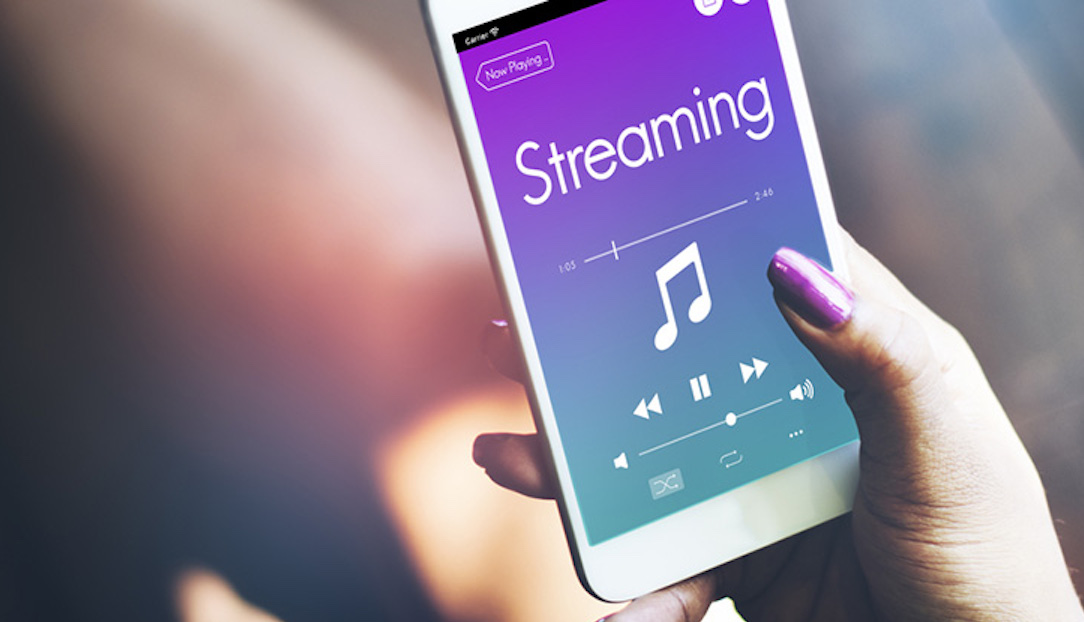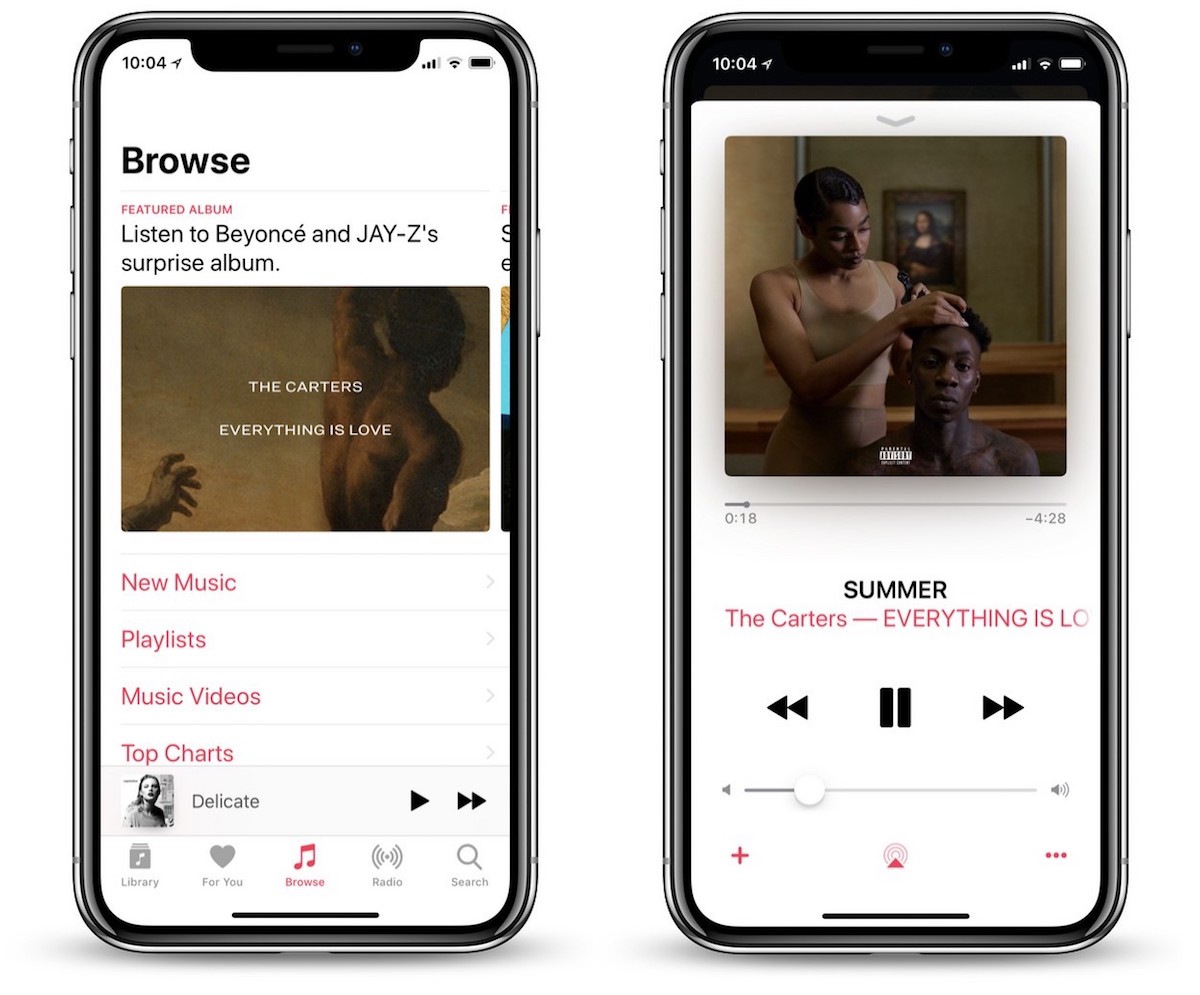Why the surprise album drop is falling in popularity

It’s been close to six years since Beyoncé changed the world with that digital drop by releasing her fifth album Beyoncé out of nowhere.
She wasn’t the first to do it, Radiohead had already snuck out In Rainbows several years earlier, but Bey’s notoriety in the pop world was enough to start a revolution. For the next few years, you’d enter every week with the possibility that your favourite could drop an album at any time.
Bey’s husband JAY-Z followed suit with his 2013 record Holy Grail Magna Carta, dropping it for free for Samsung users. U2 controversially followed by placing 2014’s Songs Of Innocence on everyone’s Apple phone without their approval. Artists were traversing a world whereby the notion of access to music had been thrown open by streaming. The industry was attempting to figure out how to monetise digital music by signing deals with tech companies and streaming platforms alike. U2 reportedly signed a $100 million deal with Apple ahead of the launch of their album while JAY-Z’s company Roc Nation reportedly pocketed $20 million for his free drop.
While some were pocketing large sums, others were simply surprise-dropping to see how the shock value translated in numbers. Drake fired out his 2015 mixtape If You’re Reading This It’s Too Late debuting at #1 and #2 in the US and Australia, respectively. The following year, Beyoncé, Rihanna, Solange and Frank Ocean all released records out of nowhere. That year it felt as if it was the future of album rollouts – ditching pre-singles and allowing fans to pick the favourites. So what changed?
This year, in particular, we’ve seen an increasing return to long album rollouts by some of music’s most prominent figures.
Halsey just announced her third album Manic, arguably the most anticipated drop of her career, giving it a four-month lead-up. Taylor Swift’s Lover, the highest-selling album of the year, was announced two months before its release while Jonas Brothers’ comeback record Happiness Begins, another best-seller, was also given two months. Even Beyoncé gave a generous few days notice before unleashing her The Lion King companion album The Gift.
It’s no coincidence that surprise drops became more prominent as the war between streaming services heightened. Tidal launched in 2014 and Apple Music followed the year after. Both were hungry to win over customers from streaming juggernaut Spotify. An album would drop out of nowhere and suddenly you’d be required to sign up to the service to listen. That deal was often sweetened by a number of free months on the platform.
Tidal used the tactic early on. In 2016, Rihanna’s ANTI dropped exclusively on the platform before hitting other services. Beyoncé then followed with Lemonade making Tidal the only place to secure the album digitally. It wasn’t until earlier this year that the album was made available on other streaming services. The album debuted at #1 in the US with 653,000 copies sold in the first week with the release reportedly bringing 1.2 million users to Tidal.
Frank Ocean also surprise-dropped both Endless and Blonde, in the same week with Apple Music exclusives. He released the latter independently, seemingly making his label Def Jam reconsider the validity of exclusive, surprise album drops altogether.
“Our view is that giving exclusives to individual streaming platforms for long periods of time is not good for the artist, it’s not good for the fans, and it limits the commercial opportunity for everybody involved,” a source from the label told Buzzfeed after the release.
In 2017, Troy Carter said that it was not in their interest to get into exclusive album drops as it would make fans, “lose faith in the subscription model.”
It seems that with the demise of the streaming exclusive, the surprise drop has also become a less popular model. This year there have been only a handful of surprise releases. The last one to make waves was Beyoncé and JAY-Z’s EVERYTHING IS LOVE which initially only offered exclusivity to TIDAL for two days.

The release of EVERYTHING IS LOVE raised a number of concerns about the surprise model. It became Beyoncé’s first-ever album to miss the top spot in the US, selling 123,000 album-equivalent copies. They were beaten by 5 Seconds Of Summer who gave their third-album Youngblood plenty of promotional time and beat The Carters thanks to an impressive physical showing. They have a strong fanbase committed to owning a physical piece of the band.
It’s a valid argument that it’s less of a surprise once it’s been done over-and-over again but labels are also figuring out the promotion of music in the streaming era. Last year, the album bundle started making headlines when Nicki Minaj called out Travis Scott on Twitter for beating her to #1 by selling “clothes alone.” That’s not entirely true, but for nine days before the release, Scott bundled his album with exclusive merch drops. Every time someone bought a piece of clothing, they also bought an album.
Minaj claimed that in the US, he sold 200,000 albums off the clothes alone, which gave him a strong advantage over her album Queen. Earlier this year, DJ Khaled was reportedly upset when Billboard didn’t count album sales that came as a result of a bundle deal with an energy drink. He claims that he lost 100,000 sales off his final total resulting in him falling behind Tyler, The Creator in the charts.
What that essentially means in the context of this article is that artists are doing big numbers by bundling their album with merch, concert tickets and more. In most scenarios, these artists are starting promo weeks, sometimes months, out from the album release. You can’t drop a surprise album if you’ve already been offering a pre-order alongside a t-shirt.
As pointed out by the New York Times, 39 of the albums that topped the charts in the US last year were sold with bundles. Months before Taylor Swift released her most recent album Lover, she was selling it with everything from phone covers to hoodies. She’s long been an adopter of the method too, selling her fourth album RED with a Papa John’s pizza when it was released.
Another tactic that has artists playing the long release game is the pre-save function on streaming platforms which is rising in popularity. Lover recently broke the record for the most pre-saves on Apple Music in one day accumulating nearly 180,000 on the day the album was announced. She broke Billie Eilish’s previous record of 800,000.
“Pre-adds are great early indicators of engagement around an artist and the intention of the fans,” Oliver Schusser, head of Apple Music told MBW.
When you pre-save an album, you’re essentially pre-ordering it. You’re notified on the day it was released and it’s automatically added to your library. You also follow the artist’s account on the platform. This ensures that you have maximum exposure to the artist and the album. Again, it’s not possible to do this if you drop an album out of nowhere.
Labels, artists and digital platforms are learning once again how to sell music in the digital era. While the surprise album once worked for pure shock value, it seems even the biggest artists are making a return to a promotional album lead-up.
It remains to be seen whether Beyoncé will return to the tactic for her next album, but for now, the surprise drop is on the decline.

































